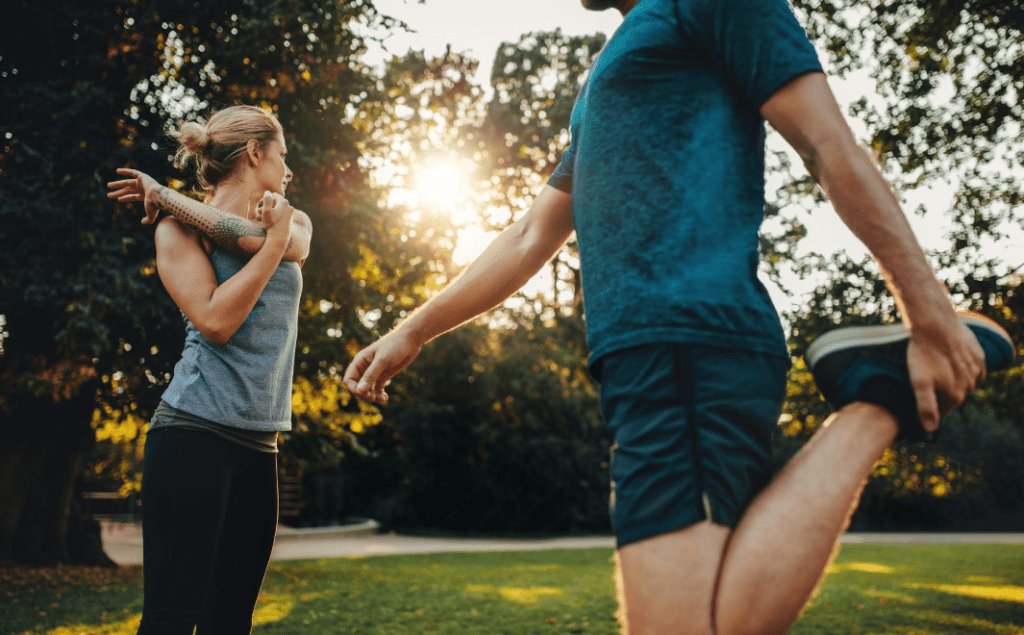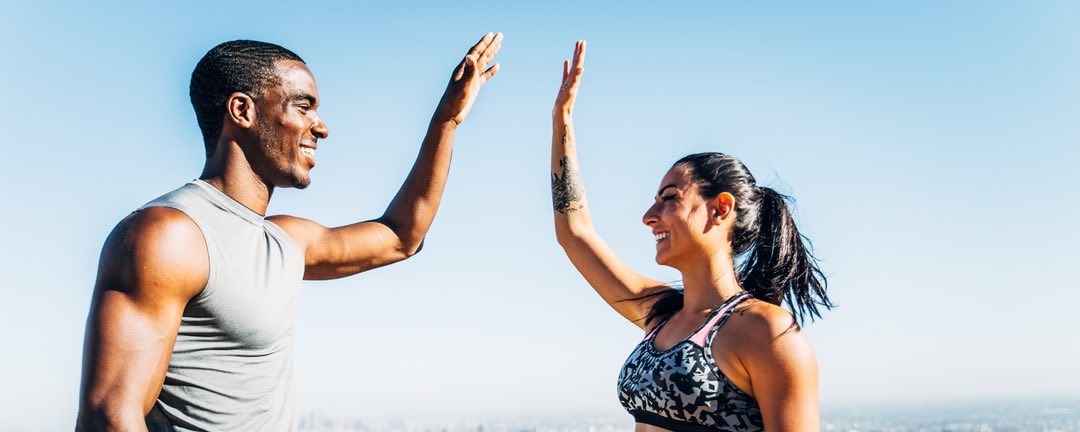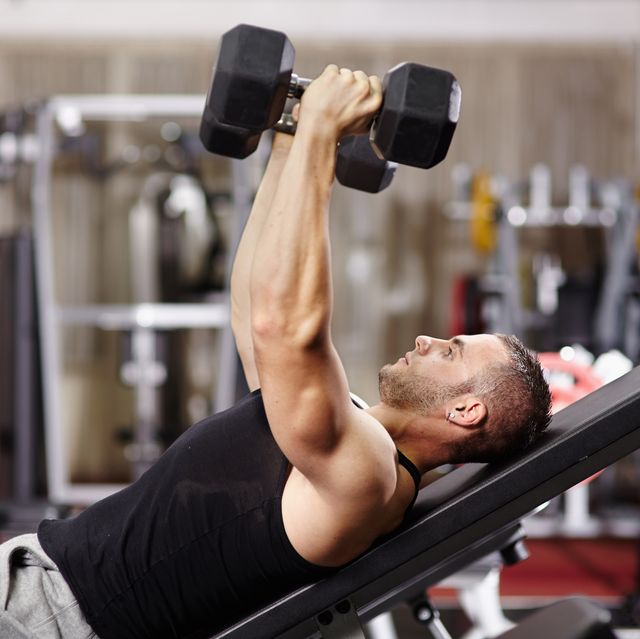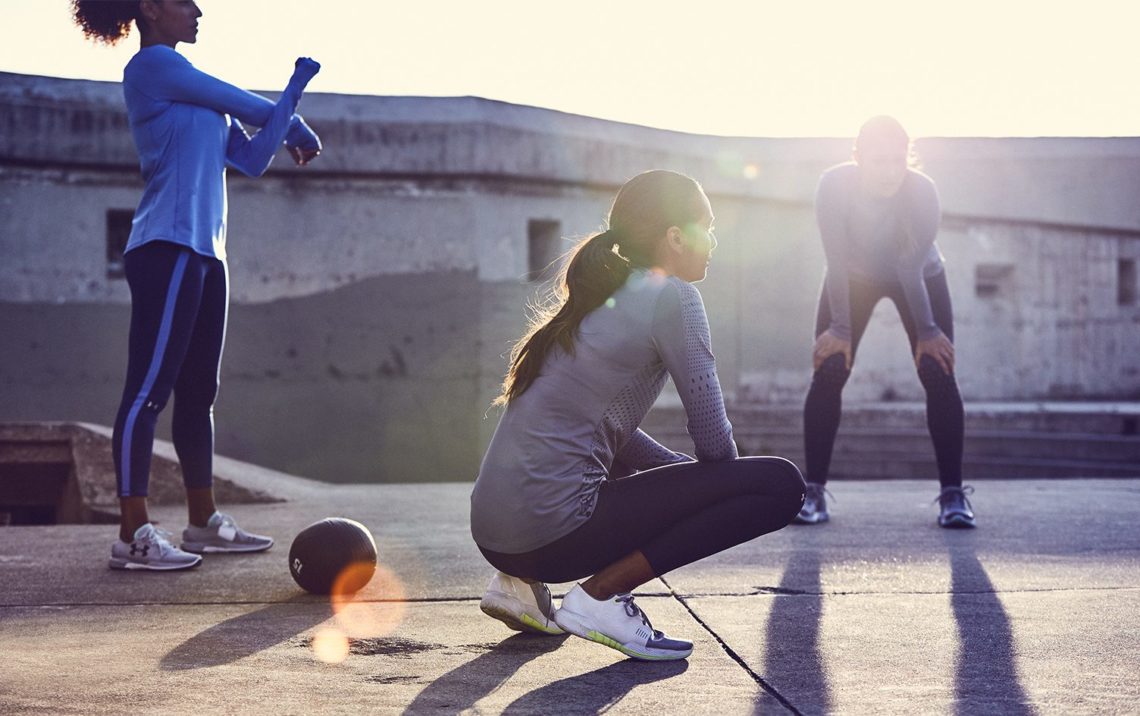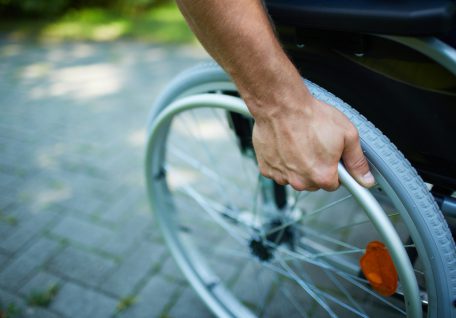We’re all built differently and we all have varying daily routines, including when throughout the day we decide to exercise, so the ideal time to work out will probably differ for each person.
Firstly, the ultimate answer to this question is to exercise whenever you can, whether that’s in the morning, afternoon or evening! Just getting a session in, regardless of your routine, is a great start.
However, there is some scientific basis that could help you decide at what point of the day you could benefit most from exercising:
Mornings
Getting up early and doing physical activity first thing in the morning is often considered by society as the best time to work out. Scientifically, there is some research to support this notion.
Burn Fat & Lose Weight
A recent study found that those who work out on an empty stomach are able to burn 20 per cent more body fat. Whilst this could be an effective strategy for some, just note that it may not be for everyone – some people can respond well to exercising without food, others may require sustenance and energy before working out for a number of reasons. It’s best to consult with a professional to determine whether this could work for you.
Additional research also suggests that by starting the day with exercise, we’re also more likely to have less of an appetite throughout the day, reducing the number of calories we consume on a daily basis – as we know, a calorie deficit is one of the most effective ways to lose weight.
Get Off to a Great Start
Not only are there physiological benefits, but we also know that morning workouts are a great way to attain those “happy hormones”.
Exercising can often help increase the level of certain chemicals in our body, such as endorphins, serotonin, dopamine and oxytocin – all linked with positive mental health.
Starting your day on a good note should help you get through the rest of it with a positive mindset – plus, you also won’t have to make up any excuses to avoid exercise after a long day of study or work.
Get More Sleep
A 2019 study published in the Journal of Physiology concluded that regular morning workouts around 7am could help you feel more alert throughout the day and more tired at night, allowing you to get enough rest to achieve the same thing over and over again.
Additionally, a Vascular Health Risk Management report found that those who did physical activity in the morning recorded more “deep” sleep compared to those who worked out in the afternoon or evening.
Afternoons
For those that aren’t prepared to get up early and do exercise first thing, don’t worry, there are certain benefits to working out later in the day as well.
Your Body is Better Prepared
Interestingly, some research suggests that we need to give our body time to warm up throughout the day before subjecting it to a tough workout session. As our body temperature rises throughout the day, our muscles become better prepared for strength and endurance exercise, meaning you might be able to perform to a higher standard by working out between 2pm and 6pm.
It also allows you to focus less on ‘warming up’ and more on your actual fitness session – whereas in the morning, you’ll have to get those stiff muscles going before beginning your sessions.
Whilst working out on an empty stomach may have some benefits, as outlined before, consuming food throughout the day will allow us to have more energy in the tank that we can use for exercising, potentially allowing us to work out harder, for longer.
Reduced Risk of Injury
As our body is peaking during the day in terms of body temperature, muscle strength, joint flexibility and lung function, we’re less likely to suffer from any health issues or cause injury due to exercise.
Studies show that it’s better to work out in the afternoon compared to “soon after waking – when there is the possibility of an increased risk of cardiovascular morbidity and damage to the spine – and late in the day – when there is an increased risk of respiratory difficulties”.
Evenings
Some people just don’t have the time during the day and prefer to work out at night. Not only is it more convenient, but it also offers several benefits.
Better for Metabolic Health
Researchers at ACU’s Mary MacKillop Institute for Health Research found in a study examining sedentary, overweight men that evening workouts yielded better results than the morning or afternoon.
Of the 24 participants, those who exercised in the evening experienced lower cholesterol, improved heart health and developed better blood-sugar control.
Researchers said: “This study does suggest that evening exercise may be more beneficial for people with disrupted metabolism than the same exercise done earlier in the day.”
Crash Hard
Despite a common thought that exercising at night could negatively impact our sleep, recent studies have suggested this isn’t actually the case.
A report on the Effects of Evening Exercise on Sleep in Healthy Participants found that for those who regularly work out at night, there may not be any negative impact on the quality of their sleep.
As long as there is enough time between the workout and going to bed, our bodies should be able to regulate heart rate and body temperature enough to ensure we’re not disrupting our ability to sleep. For example, doing a high-intensity session 30 minutes before bed is ill-advised.
Meanwhile, doing yoga or mindfulness exercises can help improve the quality of sleep by reducing stress levels, lowering blood pressure, relieving muscle tension and creating a relaxed body state.
The verdict is…
Sorry to say, but there’s no one recommendation! Determining the best time of day to exercise will be different for each person, as there are several factors to consider, such as what your health and fitness goals are and your physiological traits.
Some people may need to take longer throughout the day before they are ready to do a heavy weights session, while others are keen to get their day going with a high-intensity workout or end it with a light yoga session.
The most important thing to note is that any exercise, at any point, for however long will help you no matter what – the key is to ensure that you pick a time and stick to it consistently so your body can get used to the routine, and you achieve your health & fitness goals long-term.

